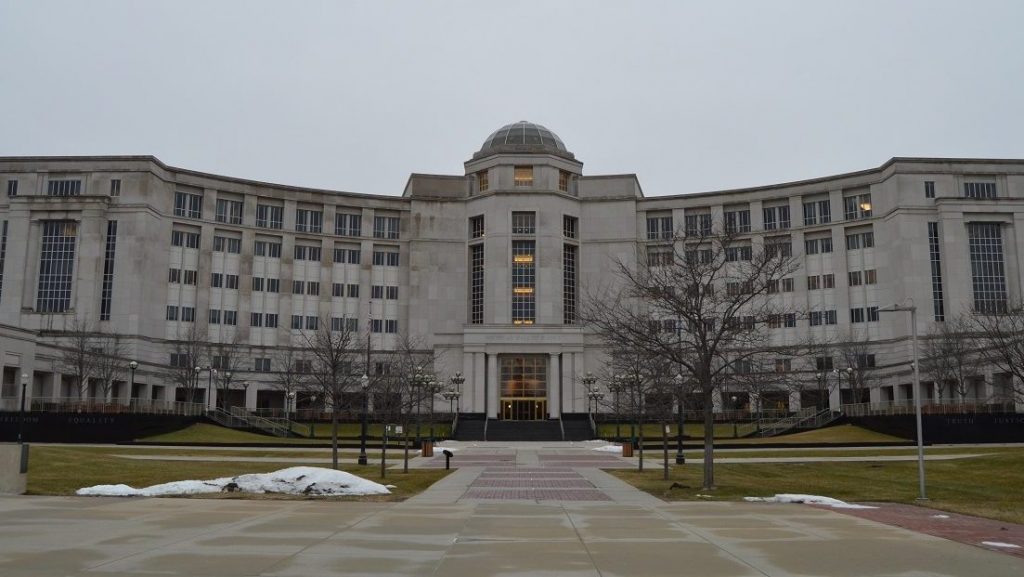Michigan Supreme Court tosses redistricting lawsuit
The 4-3 majority found that the Detroit Caucus had not provided sufficient evidence that — as currently drawn — the districts would put African Americans at a competitive disadvantage.

Michigan Supreme Court
The Michigan Supreme Court has dismissed a challenge to the new legislative districts drawn by an independent commission.
At issue was the lack of majority-minority districts drawn by the Michigan Independent Citizens Redistricting Commission. A coalition of Detroit politicians and activists alleged the new maps would lead to diminished representation for Michigan’s Black residents.
In the 4-3 ruling, the majority said the challengers did not offer enough evidence that the new districts would not provide sufficient opportunities to Black candidates, saying they showed no grounds to question the state redistricting commission’s decision to slash the number of majority-African American seats. The majority said the lawsuit didn’t demonstrate that the plans are noncompliant with federal law.
They noted the panel’s expert found significant white crossover voting for Black-preferred candidates in the Detroit and Saginaw areas, giving African American voters an opportunity to elect their representatives of choice even if they do not account for more than half of the voting-age population.
The dissenting justices said there should have been another hearing to allow the Detroit Caucus to present more evidence.
The new maps contained zero majority-minority districts, and the coalition of Detroit lawmakers and activists alleged it would be difficult for African Americans to be elected.
Attorney Nabih Ayad made that point during a hearing before the court last month.
“If you reduce those majorities of African American districts and you look at the voting patterns, it’s going to take a miracle for them to possibly succeed at this,” said Ayad, who said in an exchange with Supreme Court Justice Richard Bernstein that there would be zero Black representatives in the House based on these maps.
That’s unlikely to be the case, with a strong African American field running for Michigan’s 13th Congressional district. The race is wide open after Rep. Brenda Lawrence announced she was not going to seek re-election.
In last month’s hearing, Supreme Court Justice Megan Cavanagh asked Ayad if it was true that it would take a miracle for Black people to have adequate representation. When asked if it was equally possible the candidates would not be elected, Ayad said “absolutely not.”
“They would not be equally [represented],” Ayad said. “This is indeed why Brenda Lawrence we believe dropped out as the first victim of this redistricting situation.”
Rep. Lawrence has not made this claim herself.
Justice Cavanaugh was among the 4-3 majority who voted to dismiss the suit.
A source tells WDET that the Detroit Caucus is exploring options and will announce further action at another time.
The independent commission faces two other lawsuits. Michigan Republicans sued last month to block the state’s new congressional map, and several groups are challenging Michigan’s new state House map.
Trusted, accurate, up-to-date.
WDET strives to make our journalism accessible to everyone. As a public media institution, we maintain our journalistic integrity through independent support from readers like you. If you value WDET as your source of news, music and conversation, please make a gift today.
